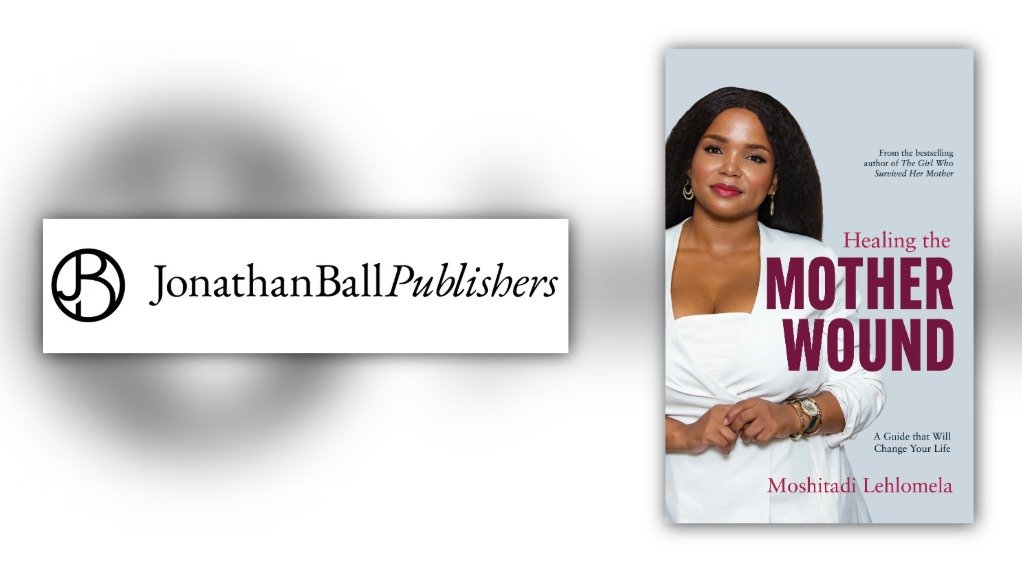Shame is the foundation of a healthy community
“Work hard so you never need to depend on anyone.” Ring a bell? I am sure it does. The internet is flooded with quotes like these, and they all reveal how deeply toxic shame is rooted in our society. On the surface, it might seem that it’s capitalism that’s making us less interested in fostering healthy and supportive communities that will protect and nurture us while we do the same for others, but at the root of it is unhealthy shame. Capitalism is but a symptom of a society driven by unhealthy shame. And this stems from how children are raised, because when all is said and done, societies are made up of families and adult behaviours that are taught in childhood.
The comparisons that children are subjected to help create a world in which competition always trumps collaboration. Unreliable parents breed a society of mistrust and unreliability. In Sepedi, we have a saying: “Batho ke go utana magole.” This means people should cover each other’s “weaknesses.” It is often used when referring to the duties of people participating in group work or any form of partnership or collaboration. You need to connect with people who will cover or fill in for your weaknesses, and you in turn will fill in for theirs. This is healthy shame.
Healthy shame is what is meant by the proverb “It takes a village to raise a child.” When humans are attuned to this humanness—and the limitations of their humanness—and do not approach it from a place of animosity and judgment, they are better able to recognise the need for community. Mothers who have healthy shame seek out supportive communities beyond their spouses because they know that raising a child is not a one-person or even a two-person job. Mothers need an even bigger community now that most are also working moms.
Asking for help is a sign of healthy shame, provided that the request doesn’t come from a place of self-devaluing or offloading your responsibilities. Healthy shame is also what brought about the proverb “Tshoshwane e e tekanyenya morwalo wa yona,” which translates as “An ant knows to gauge and size its load appropriately.” It’s not enough to know you need your community; you also need to know that your community needs you. Any weight you carry unnecessarily also weighs heavily on your community and may create an imbalance.
Shame fuels new ideas and creativity
When human beings first made fire and learned to cook with it, they were inspired by shame. When the lightbulb was invented, it was shame that whispered this idea. When cars first made it off the production line, it was shame that lent a hand. With every medical invention and study—and the trials that went into that study—shame played a major role. From vaccines to medicines and hospital equipment, it was shame that fuelled those inventions. With every disability aid, from simple shower chairs and ramps to more complicated aids such as the halo-gravity traction or halo brace, healthy shame is in its glory—a custodian of our survival.
In the language of young people, I can state that healthy shame brings you closer to the soft life everyone raves about. It brings you closer to your soft girl or soft boy era. When you have healthy shame, you are attuned to being not just a human but a unique human with unique needs. All human beings have limitations, but some face more limitations than others.
One of my clients was a woman who had fibromyalgia, so the usual 9-to-5 employment system was not ideal. As a result, she designed her career to allow her to work remotely for a certain number of hours and include therapies that eased her symptoms, instead of being forced to soldier on. I know this may not be immediately possible for everyone, but while you may not be able to change your work schedule completely, you can begin to find new ways to support yourself and bring ease to your life. Healthy shame allows for that.
Healthy shame also helps you approach your limitations with curiosity, and it is this curiosity that fuels creativity and ideas that support you and others like you. Healthy shame has also helped parents, professionals, and other observers to invent technologies and new ways to support others. In my own practice as a Mother Wound recovery coach, healthy shame has inspired a course that has now become a book to guide others who, like me, may have had difficult childhoods and mothers who abused, neglected, or abandoned them. This book is the offspring of healthy shame.
We have also seen how humans have come up with great art to help themselves and others process their emotions and be seen. The possibilities are endless, yet so much more is still to come from the human race that will help us thrive and evolve as a species—and shame will be the custodian of this positive change.
Shame is the source of healthy spirituality
At the core of spirituality is the need to believe in something greater than ourselves—to have something more powerful and loving that can help guide us on our walk of life. Whether it is a Father in heaven or late relatives who are now ancestors, people gravitate towards spirituality in order to make sense of their human experience and be guided by a powerful deity that is not bound by human limitation. This is healthy shame.
And yet, due to the unaddressed unhealthy shame of so many around us, we are more accustomed to the opposite of spirituality—where people desire to control, abuse, and exploit others in the name of spirituality, and where those whose toxic shame shows up as self-devaluation use spirituality to further devalue themselves and confuse that for righteousness. Healthy shame brings us closer to God in a way that respects the spiritual choices of others.
' Healing the Mother Wound' is published by Tafelberg, an imprint of Jonathan Ball Publishers






